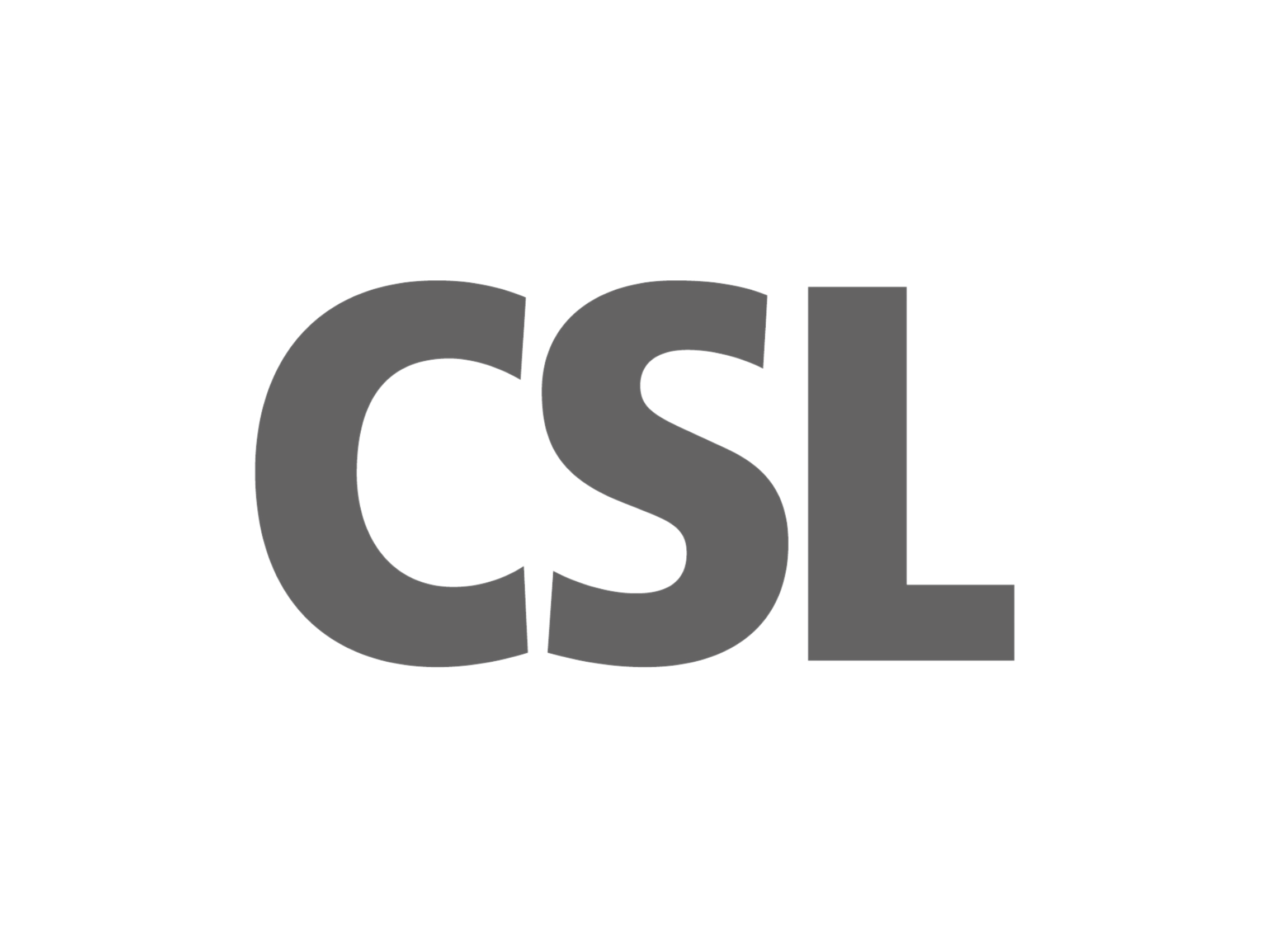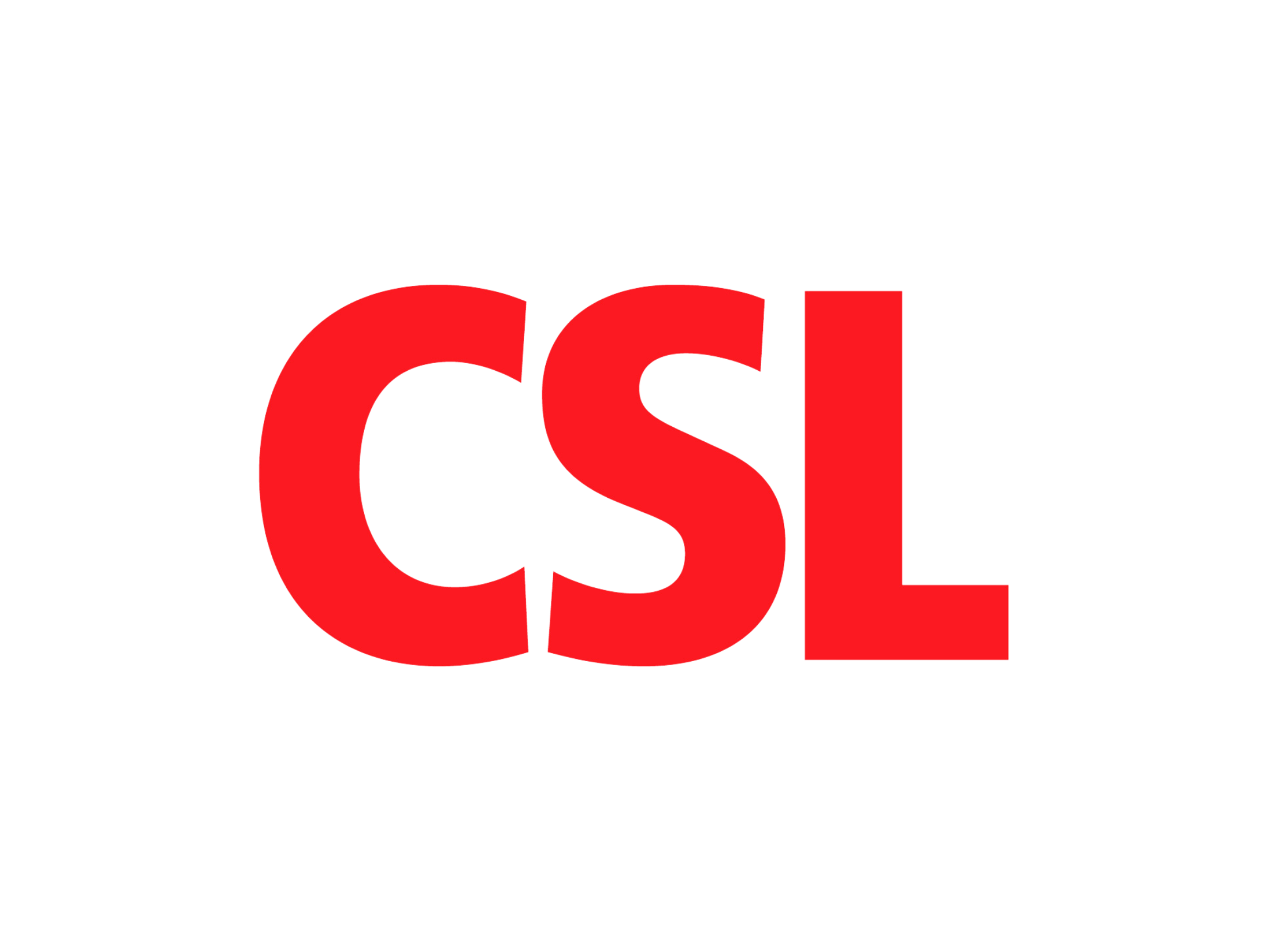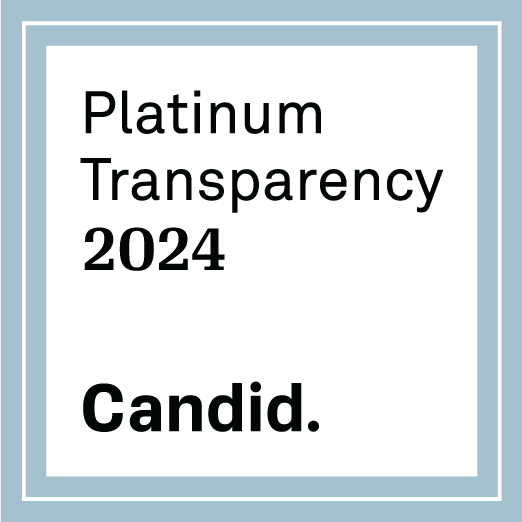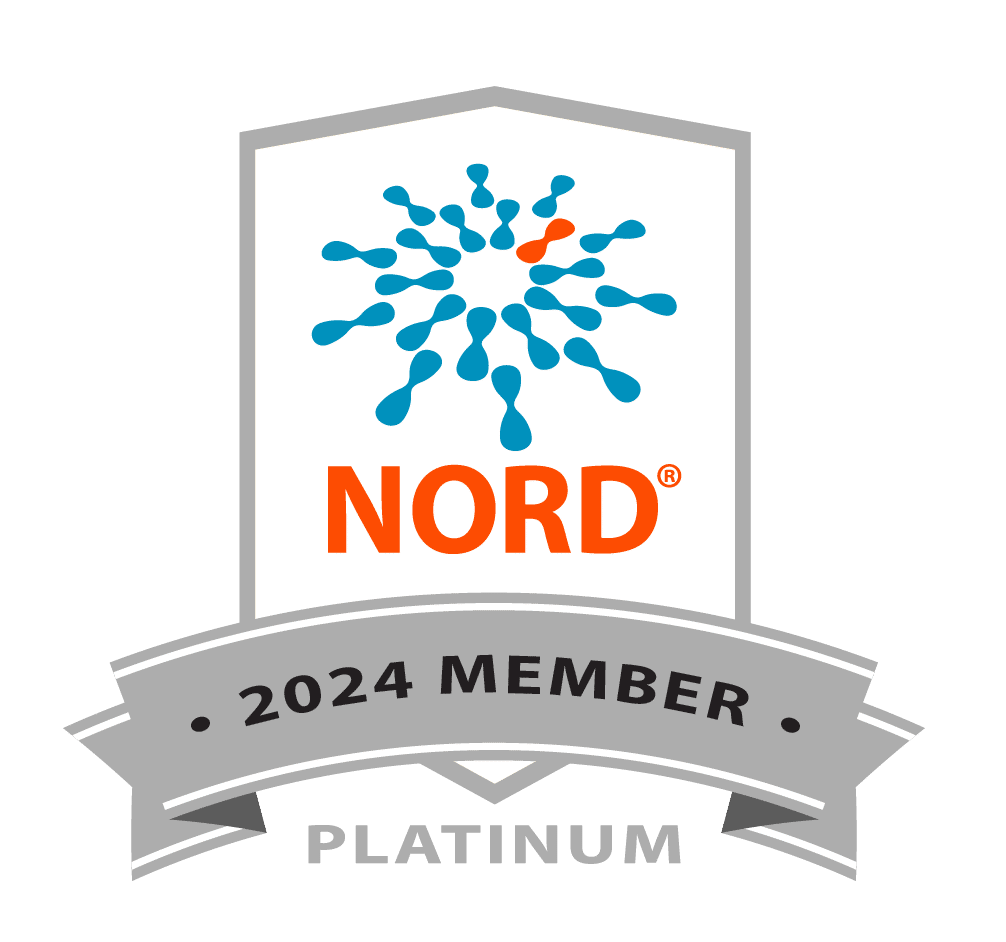25 April 2020 marked the third annual European Alpha-1 Awareness Day, a date in which those afflicted with the genetic condition Alpha-1 Antitrypsin Deficiency (AATD) come together as one community to share their stories, experiences and hardships. The goal of this Awareness Day is to provide information on this genetic condition in order to achieve increased rates of detection and diagnosis, and ultimately achieve greater access to treatment for those affected by AATD.
The concept of having one recognized awareness date for Europe began two years ago on 25 April 2018, when Alpha-1 Global organised and hosted a roundtable event in European Parliament that was attended by Alpha-1 leaders from seven countries, with six Members of European Parliament (MEP) also in attendance. The Alpha-1 patient representatives presented their conditions of access to care for Alpha patients and made policy requests to the MEPs who were present. With the MEPs committing to improving the situation of Alpha-1 Antitrypsin Deficiency in their respective countries, European Alpha-1 support, awareness and collaboration has grown among policymakers as a result of the European Alpha-1 Awareness Day.
This successful event became the precedent that would see the 25th of April be dedicated to the cause of the European Alpha-1 community. In recent tradition, this date is commemorated by activities organized by the various national Alpha-1 patient organisations throughout Europe and a roundtable event organised by Alpha-1 Global, hosted by a MEP and attended by Alpha-1 patient representatives.
Alpha-1 Global moved forward with the 2020 Awareness Day social media campaign that sought to bring attention to four prominent areas for Alphas:
- European Reference Networks
- Improved diagnosis
- Access to treatment
- A holistic approach to improving the situation of Alpha-1 patients
These four areas of improvement are derived from the 2017 Alpha-1 European Expert Group Recommendations, which is a document that was created to raise awareness among governments, health systems, health professionals and society in general about the importance of diagnosing, treating and investigating Alpha-1 Antitrypsin Deficiency.
In an effort to increase Alpha-1 advocacy and social media engagement, a social media toolkit was developed to provide Alphas with guidelines on how to optimize their social media advocacy. This includes best practice tips and a step-by-step guide on specific social media actions.
The social media campaign was launched on 27 March 2020 and consisted of three posts per week on Alpha-1 Global’s Facebook page and the Alpha-1 Awareness Day Twitter page (@Alpha1_EPevent). Important European Alpha-1 stakeholders were tagged in each post, including Members of European Parliament and European Alpha-1 patient organizations.
This year’s campaign demonstrates that targeted messaging is effective with a high level of engagement with organisations, patients, and citizens. Different stakeholders interacted with the campaign throughout the month, including several policymakers at both European and national level. National Alpha-1 patient organisations also showed their solidarity by adopting the suggested campaign hashtags and graphics. Without the involvement of all Alpha-1 stakeholders, the Awareness Day would not resonate in the capacity that it did this year. Alpha-1 Global thanks all those who participated in making sure the interests and concerns of the Alpha-1 community were heard.
Alpha-1 Global and the Alpha-1 Foundation would like to thank our sponsors CSL Behring and Grifols for their continuous support.











